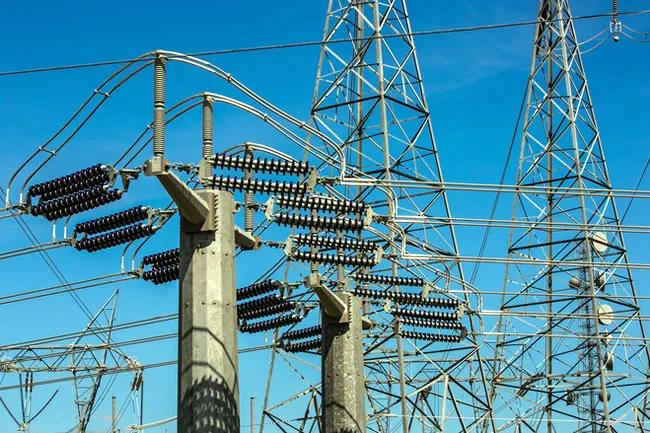The persistent instability of Nigeria’s national grid has driven six prominent firms and a major university to seek energy independence, opting for alternative power solutions. This move, reflective of a growing trend, underscores the severe impact of frequent blackouts on businesses and educational institutions nationwide.
For years, Nigerian businesses have grappled with the erratic power supply, leading to significant operational disruptions and financial losses. The recent decision by these entities to disconnect from the national grid highlights a critical turning point in the country’s energy landscape.
“We cannot continue to rely on a system that consistently fails to deliver,” stated a source close to one of the affected firms, speaking on condition of anonymity. “The cost of running generators is high, but it’s a necessary expense to ensure business continuity.”
Universities, vital hubs for education and research, are also feeling the pinch. The affected university, a leading institution, has invested heavily in private power generation to maintain uninterrupted academic and research activities. This decision reflects a growing concern about the impact of power outages on students and faculty.
The national grid, plagued by aging infrastructure, inadequate maintenance, and systemic inefficiencies, has struggled to meet the country’s growing energy demands. This has led to frequent blackouts, impacting everything from small businesses to large industrial complexes.
Read Also: Power Grid Woes: Nigerians Pay Record Bills Amidst Repeated Blackouts
“The situation is untenable,” remarked energy sector analyst, Dr. Adeola Femi. “Businesses and institutions are being forced to take matters into their own hands, investing in independent power solutions. This trend, while understandable, raises questions about the long-term viability of the national grid.”
The move towards energy independence is not without its challenges. Private power generation often involves substantial upfront costs and ongoing maintenance expenses. However, for many, the benefits of reliable power outweigh the financial burden.
As someone who has followed the electricity crisis in Nigeria for some time, I have witnessed the frustration and resilience of those affected. The shift towards independent power sources is a clear indicator of the urgent need for comprehensive reforms in the Nigerian electricity sector.
The implications of this trend extend beyond individual businesses and institutions. It raises concerns about the potential for further strain on the national grid as more entities seek alternative power sources, potentially leading to a vicious cycle of instability.
The Nigerian government faces the critical task of addressing the root causes of grid instability. Investing in infrastructure upgrades, improving maintenance practices, and promoting renewable energy sources are vital steps towards ensuring a reliable and sustainable power supply.
In conclusion, the decision by these six firms and a university to disconnect from the national grid is a stark reminder of the urgent need for a robust and reliable electricity sector in Nigeria. The move towards energy independence signals a significant shift, prompting a call for immediate and comprehensive reforms.













